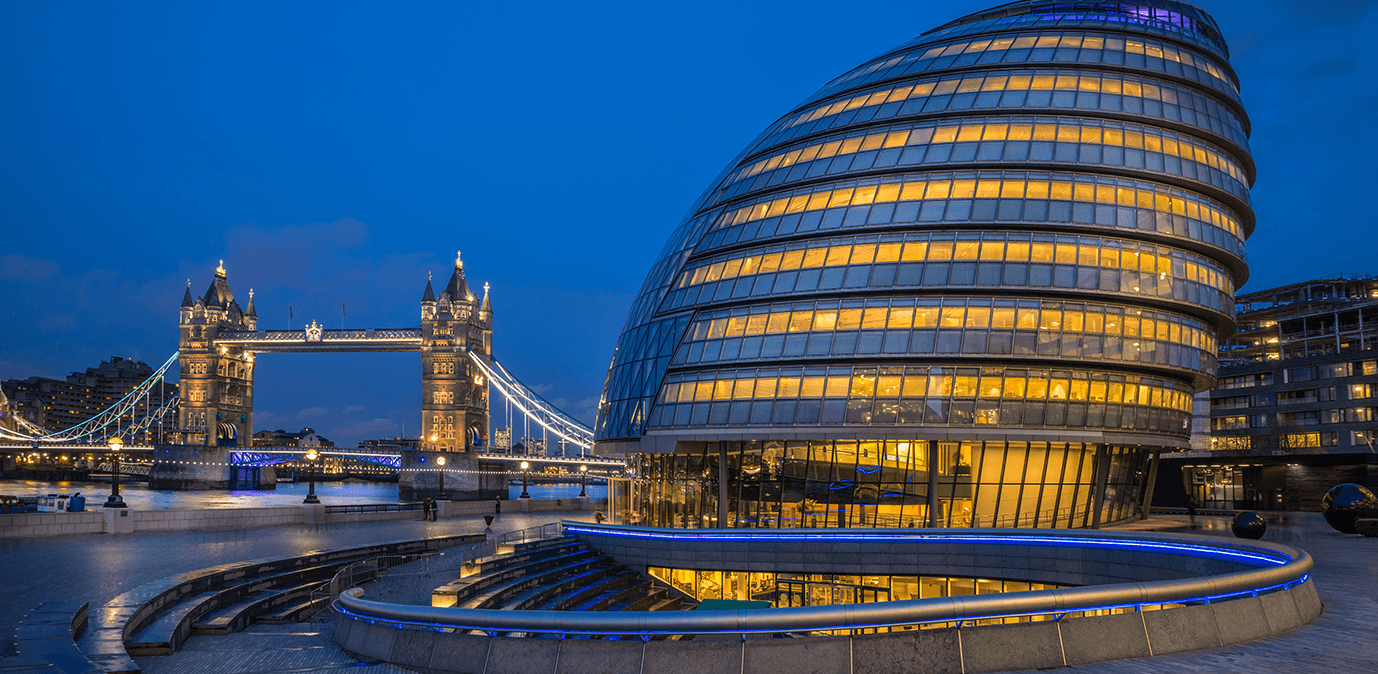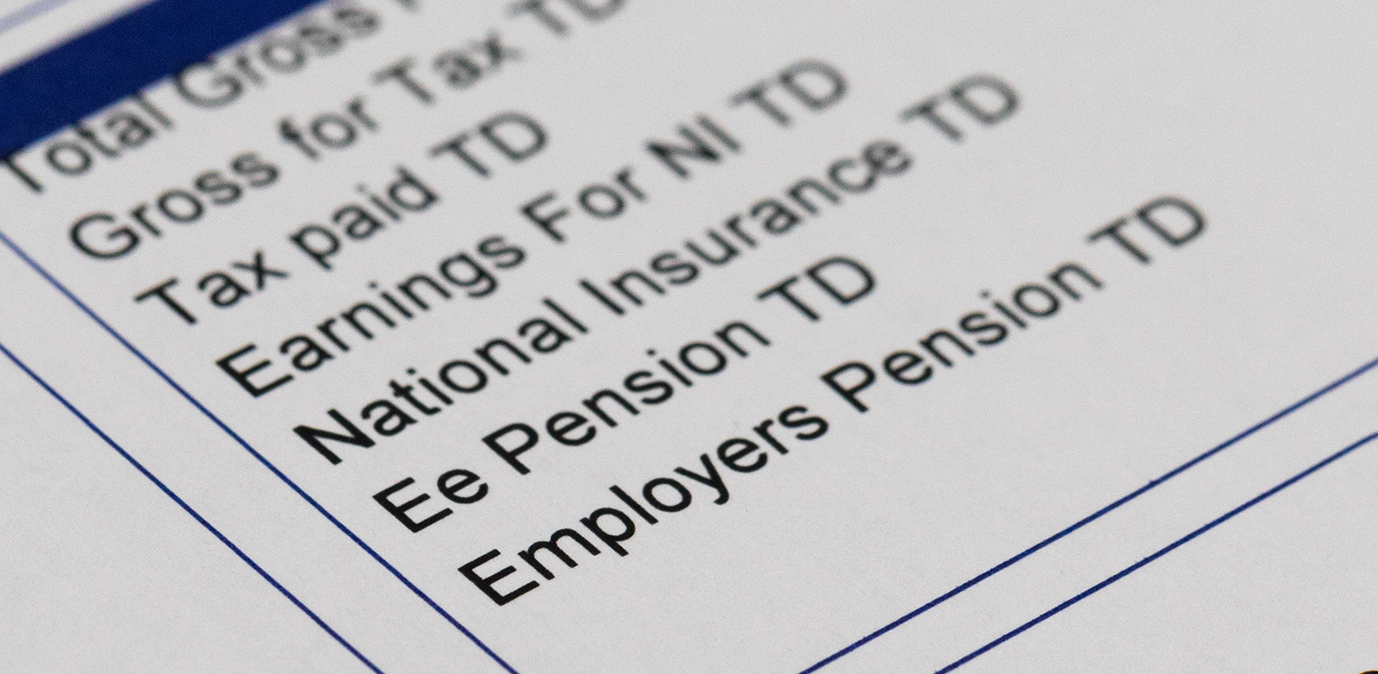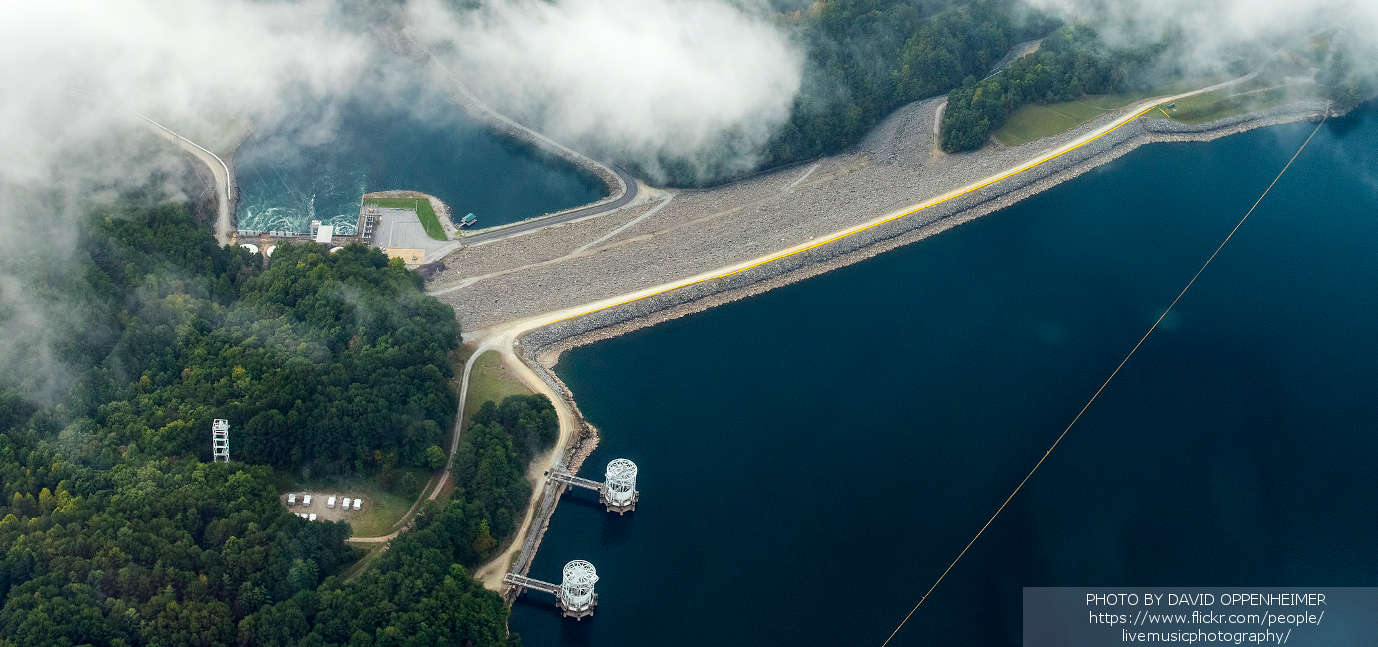Governments all over Europe are crafting policies and regulations that will lead to electric vehicles almost entirely replacing diesel and petrol cars within thirty years. In the UK, national policies are focused on creating the infrastructure for the electric vehicle revolution, but other policy initiatives and conflicting local priorities could impede the wider public policy goal.
Emerging from the smoke – Vaping as disruptive innovation
Written by Inline Policy on 15 May 2018
In a modern world that is churning out technological innovations in sectors that did not even exist 20 years ago, many people will have common conceptions of what constitutes ‘disruptive technology’: the rise of robots, smart cities and self-driving cars. And yet, equally disruptive are the technologies that are developing within sectors that have prospered for centuries.
Finding the path to ethical artificial intelligence?
Written by Inline Policy on 16 Apr 2018
Another day, another report on artificial intelligence? Not quite.
Published today, the 180-page volume by the House of Lords’ Select Committee is more than just the latest contribution to the emerging debate about the opportunities and challenges of AI. Led by experienced lawyers such as Baron Clement-Jones and renowned scholars like Lord Anthony Giddens, former director of the London School of Economics, it might well prove influential both in the UK and beyond.
Taxing times ahead for 'big tech'?
Written by Matthew Niblett on 03 Apr 2018
Are large online businesses paying their fair share of tax? This was the question debated on Tuesday 27 March by MPs in Westminster Hall, the small debating chamber in Parliament.
Will Theresa May be able to deliver her ambitious plans for data protection after Brexit?
Written by Inline Policy on 16 Mar 2018
Prime Minister Theresa May put data protection at the heart of the UK’s post-Brexit relationship with the EU when she delivered her latest set piece Brexit speech on 2 March.
New Regulations Ahead: London’s Transport Committee Report on Future Transport
Written by Matthew Niblett on 13 Feb 2018
The London Assembly’s Transport Committee has today published ‘Future transport - How is London responding to technological innovation?’
What the UK Government's announcements mean for the Gig Economy
Written by Inline Policy on 08 Feb 2018
The UK Government has published its long-awaited response to the Taylor Review of Modern Working Practices.
Theresa May at Davos calls for international cooperation to regulate tech sector
Written by Inline Policy on 30 Jan 2018
Prime Minister Theresa May’s speech yesterday to the World Economic Forum in Davos saw her repeat calls for international action to regulate aspects of the tech sector that are disrupting the established economic players and norms.
The UK Government’s bid for a customs arrangement with the EU
Written by Inline Policy on 24 Aug 2017
The UK Government has released a position paper stating its desire for a future customs arrangement with the EU27. The release of this paper before an agreement on the EU’s priority areas is a statement from the UK that it is determined to start talks on the issue.
Dockless Bike-Sharing: the next regulatory quagmire
Written by Inline Policy on 15 Aug 2017
This summer, Londoners will have noticed the addition of new bicycles parked in various locations across Britain’s capital. Closer inspection of these bikes reveals that they are ‘oBikes’ - a bicycle which you can unlock with an app on your phone and use at very little cost, without the need to park at docking stations.
Citizens' Rights Post-Brexit: what is proposed and what are the dividing lines
Written by Inline Policy on 11 Aug 2017
A key area impacting UK nationals abroad and EU nationals in the UK are the rights they will be likely to receive once the UK exits the European Union in 2019. There is still a lot of uncertainty over what these rights will be, but an inevitability is that nothing is cast in stone until final treaty is signed in March 2019.
What does the Industrial Strategy say about a low carbon strategy in the UK?
Written by Inline Policy on 09 Feb 2017
To a rather muted fanfare, the British Government published its industrial strategy green paper last month. As far as the energy and climate change audience were concerned, in the run-up to the publication of the strategy, the Business Energy and Industrial Strategy Department (BEIS) – a department still in its infancy - was essentially facing two challenges:
Article 50 notification: much needed clarity or pathway to harder Brexit?
Written by Inline Policy on 04 Oct 2016
The clamour for clarity from the Government on its Brexit intentions has finally produced two important announcements from the Prime Minister and senior Cabinet Ministers at the Conservative Party Conference in Birmingham:
Crowdfunding: Maturing with Regulation
Written by Inline Policy on 01 Sep 2016
In July, the Financial Conduct Authority (FCA) – the body that regulates loan-based and investment-based crowdfunding in the UK – launched a ‘call for input’ on the current rules applied to crowdfunding in the UK.
Energy storage technologies – will they be able to flourish within current regulatory frameworks?
Written by Inline Policy on 03 Aug 2016
The concept of energy storage is not new. However, technology advancements and the increased sense of urgency in relation to decarbonisation have gradually drawn attention to the possibilities of storage.
 Insights from Inline Policy listing page
Insights from Inline Policy listing page


















